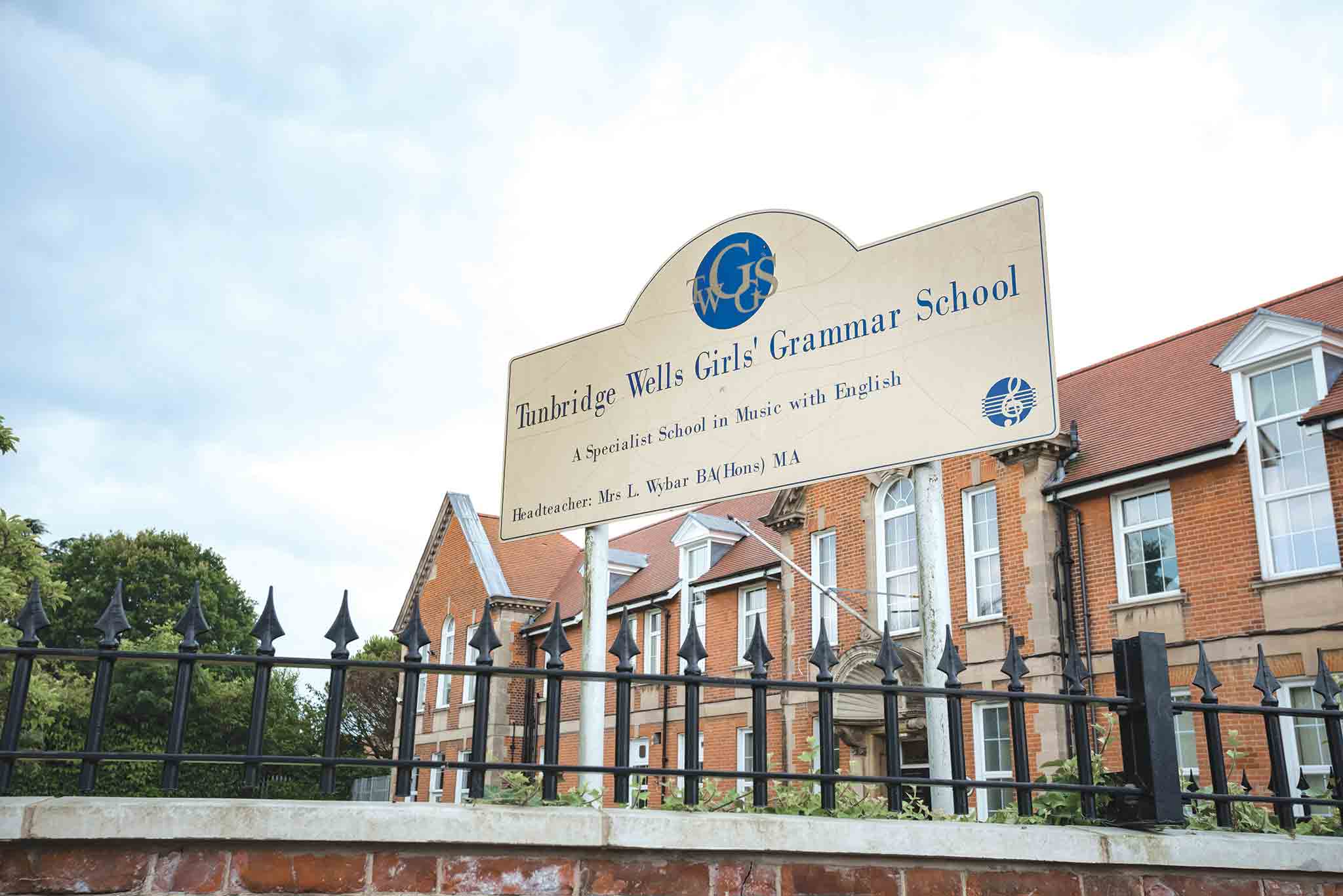Andrew Sharp | Chairman of Tunbridge Wells Constituency Labour Party
Andrew Sharp is an experienced freelance Political, Communications and Organisational Adviser, having practised in Political Management for 39 years.
He has studied law and political party funding at King’s College London and business administration at the University of Essex.
The Times also publishes regular opinions from Conservative and Liberal Democrat Party members
Tunbridge Wells is one of the most popular towns in England because of range of schools it offers. Its close proximity to London, its facilities and beautiful surrounding countryside make it a very attractive place to move to for many parents who want their children to go into the best schools. For the few who get there, it is predominantly grammar schools. No one should knock parents for wanting to get their children into what they believe are the best schools.
Parents want their children to do well at school and have successful careers in adult life, therefore getting your daughter or son into the best state schools is seen as a passport to that goal. There is plenty of evidence to show that the competition for places at primary school level is where it starts. The catchment area of the most sought after schools can make house prices or rents to become disproportionately expensive. In areas such as Tunbridge Wells this is magnified as primary schools with the best 11 plus rates are the route to our grammar schools – and in turn to universities. For those who can afford it, there are many private schools who specialise in getting children through the 11 plus and a place in one of our local state funded grammar schools.
The majority of children at 11 are segregated off to ‘non selective’ schools, where in Kent at least, the chance of getting into a good school is more of a post code lottery depending on which part of Kent you live in.
Traditionally grammar schools provided opportunities for a few children from poorer backgrounds to realise their full potential. By the 1960s a political consensus had been reached that Comprehensive (or non-selective) secondary schools provided a better answer in tackling the problems of social mobility and better exam results for children. Since the rise of non-selective education, record numbers are now going to University compared with a small fraction of that in the time of the Grammar school heyday.
Here are some local facts:
- In Tunbridge Wells, St Gregory’s Catholic School and the Skinners Academy, have both received “Outstanding” Ofsted reports and are a couple of very good examples of non-segregated secondary schools providing an excellent education for all children regardless of their social or economic background.
- Kent County Council admits that only 2.8% of Grammar school children get free school meals compared to 13.4% in non-selective schools. (Free school meals are an indicator of economic background and social mobility).
- It is believed that 13% of grammar school children are from private schools compared with very few who went on to non-selective state schools
- Kent County Council is bottom of the class across the country when it comes to the number of failing secondary schools.
The best solution is to provide good state education everywhere so that all children regardless of background, from between the ages of four to adulthood at 18, are able to realise their full potential and can be ambitious, aspire, attain success and go on to further education or apprenticeships as they face a rapidly changing world, particularly in the place of work. Segregation at the arbitrary age of 11 might have been a solution in the 1950s but is a world apart from a nation that needs to educate and prepare our children to compete and succeed in adulthood where the prospects for the next generation are possibly tougher than many of us have enjoyed.
Ultimately our education system must provide equality of opportunity where every child reaches his or her potential. Changes to the education system should be evidence based, with dynamic head teachers and high quality staff in all our schools. The education focus must be on each and every child – not just the few.








